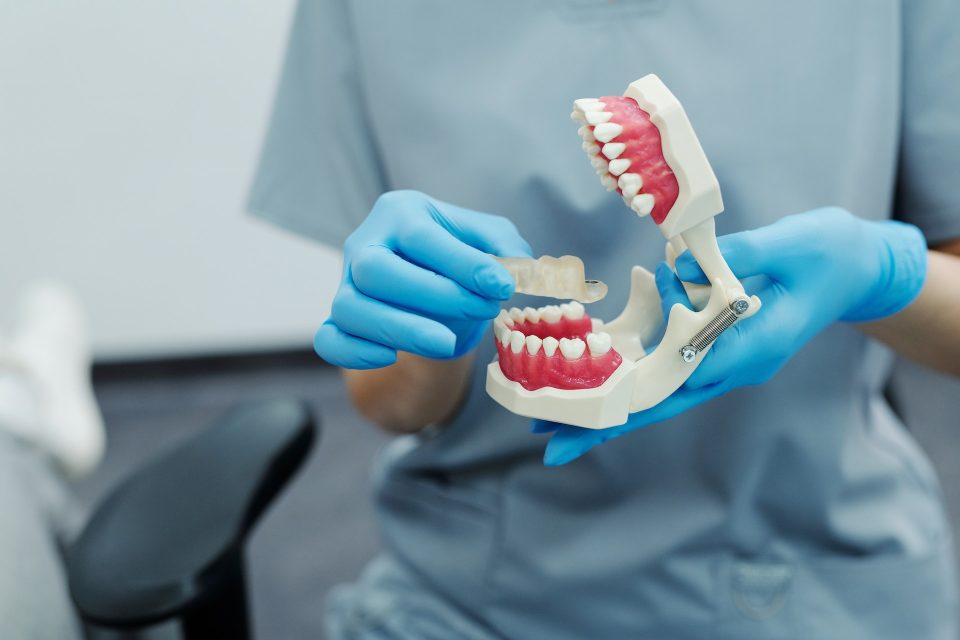
Feline Infectious Peritonitis (FIP) is a fatal and contagious viral disease that affects domestic cats. It is caused by a coronavirus, a member of the family Coronaviridae, which primarily infects cells in the gastrointestinal tract. Although most cats who contract this virus do not develop FIP, it is a severe and often fatal disease that can affect many organ systems in the body. In this article, we will explore the symptoms and treatment options for Feline Infectious Peritonitis.
Symptoms of Feline Infectious Peritonitis:
The symptoms of FIP can vary widely depending on the form of the disease that the cat has contracted. There are two forms of FIP, the effusive or “wet” form, and the non-effusive or “dry” form.
The “Wet” Form:
The wet form of FIP is characterized by the accumulation of fluid in the abdomen or chest of the cat. This fluid is called “exudate” and is a protein-rich fluid that accumulates in the body cavities due to the inflammation caused by the virus. The symptoms of the wet form of FIP may include:
Weight loss
Lethargy
Loss of appetite
Fever
Difficult breathing or panting
Swollen abdomen
Yellowing of the eyes or skin (jaundice)
Diarrhea or constipation
The “Dry” Form:
The dry form of FIP is characterized by the formation of small nodules, or granulomas, in various organs of the body. The symptoms of the dry form of FIP may include:
Weight loss
Lethargy
Loss of appetite
Fever
Eye problems, such as uveitis (inflammation of the eye)
Neurological symptoms, such as seizures or loss of balance
Difficulty swallowing or vomiting
Kidney or liver problems
It is important to note that the symptoms of FIP can be similar to those of other diseases, and a proper diagnosis can only be made by a veterinarian through a series of tests.
Diagnosis of Feline Infectious Peritonitis:
The diagnosis of FIP can be challenging as there is no single definitive test that can confirm the presence of the virus. Veterinarians typically rely on a combination of clinical signs, blood tests, and imaging studies to diagnose the disease.
Blood tests:
Blood tests can be used to check for the presence of antibodies against the coronavirus that causes FIP. However, it is important to note that many cats who have been exposed to the virus will test positive for antibodies, but only a small percentage of these cats will actually develop the disease.
Imaging studies:
Radiographs (x-rays) and ultrasound can be used to evaluate the presence of fluid in the body cavities or the presence of granulomas in various organs. These tests can also help to rule out other diseases that may have similar symptoms to FIP.
Biopsy:
A biopsy of the affected organ, such as the liver, kidney, or intestine, can be used to confirm the diagnosis of FIP. However, this procedure is invasive and carries a risk of complications.
Treatment Options for Feline Infectious Peritonitis:
Unfortunately, there is currently no cure for Feline Infectious Peritonitis, and the disease is almost always fatal. The treatment options for FIP are generally aimed at reducing the severity of symptoms and improving the quality of life of the affected cat. The treatment options may include:
Supportive care: This involves providing the cat with a comfortable and stress-free environment, as well as ensuring that they receive proper nutrition and hydration. In some cases, this may involve the use of a feeding tube or intravenous fluids.
Corticosteroids: Corticosteroids such as prednisone can be used to reduce inflammation and swelling associated with FIP. These medications may also help to improve appetite and reduce fever in some cats.
Antiviral drugs: There are currently no antiviral drugs that are approved for the treatment of FIP in cats. However, some veterinarians may use drugs such as interferon or ribavirin in an attempt to slow the progression of the disease.
Immunomodulators: Immunomodulatory drugs, such as cyclosporine, can be used to modify the immune system’s response to the virus. These drugs may help to reduce the severity of the disease and prolong the cat’s life.
Chemotherapy: Chemotherapy may be used in some cases of FIP, particularly in cats with the dry form of the disease. Chemotherapy can help to slow the growth of the granulomas and improve the cat’s quality of life.
It is important to note that none of these treatment options have been shown to be consistently effective in treating FIP, and the prognosis for cats with this disease is generally poor. In some cases, euthanasia may be the most humane option to relieve the cat’s suffering.
Prevention of Feline Infectious Peritonitis:
The best way to prevent Feline Infectious Peritonitis is to minimize a cat’s exposure to the coronavirus that causes the disease. This can be accomplished through the following measures:
Keeping cats indoors: This will limit their exposure to other cats and the environment, where the virus may be present.
Isolating infected cats: If a cat is diagnosed with FIP, it is important to isolate them from other cats to prevent the spread of the virus.
Vaccination: There is currently no vaccine that is approved for the prevention of FIP in cats. However, some veterinarians may recommend a vaccine that is designed to prevent infection with the coronavirus that can lead to FIP.
Good hygiene practices: Practicing good hygiene, such as regular hand washing and disinfecting surfaces, can help to prevent the spread of the virus between cats.
Conclusion:
Feline Infectious Peritonitis is a severe and often fatal disease that affects domestic cats. The symptoms of FIP can vary widely, depending on the form of the disease that the cat has contracted. The diagnosis of FIP can be challenging, and there is currently no cure for the disease. Treatment options are aimed at reducing the severity of symptoms and improving the quality of life of the affected cat. The best way to prevent FIP is to minimize a cat’s exposure to the coronavirus that causes the disease. If you suspect that your cat may be suffering from FIP, it is important to seek veterinary care promptly to obtain an accurate diagnosis and appropriate treatment.







